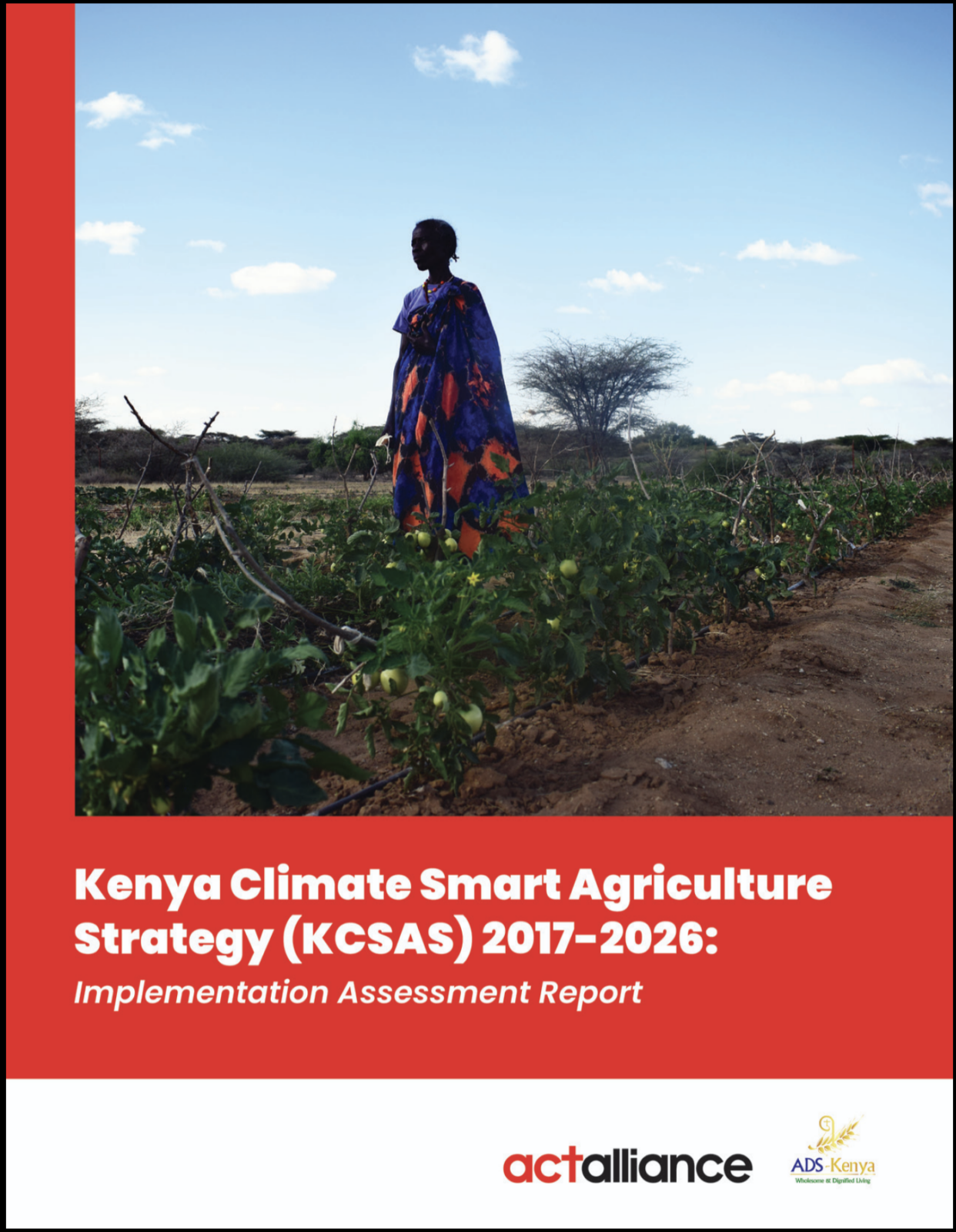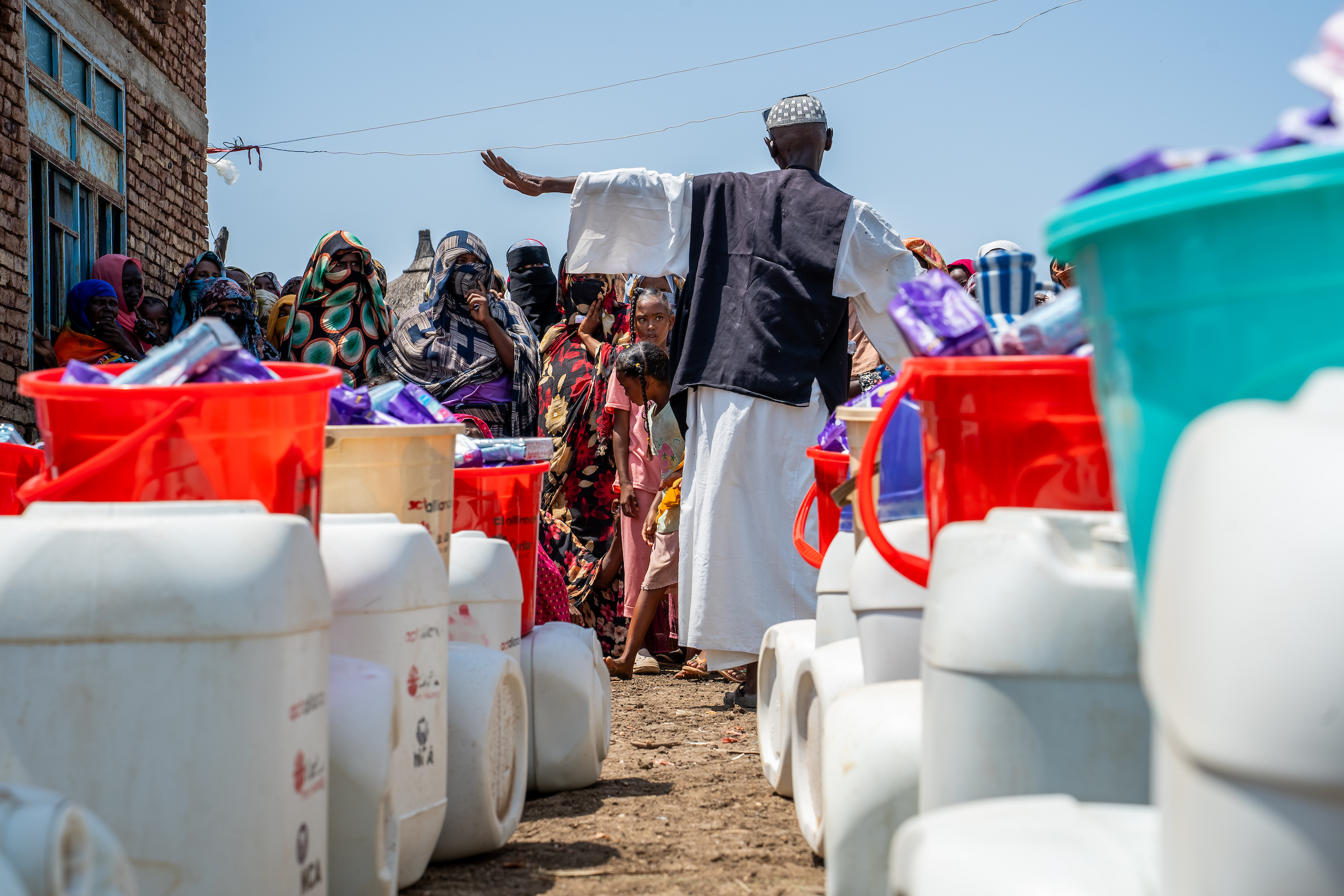By Fred Milligan
During the COVID-19 pandemic, the phrase “We are all in the same storm, but we are not all in the same boat” was often heard. This saying aptly reflects the global disparity in how different nations experience the impacts of climate change, largely driven by greenhouse gas-induced global warming.
For historically high-emitting nations, whose current economic power is closely tied to their contributions to the climate crisis, it is imperative to acknowledge their responsibility and explore its implications. Conversely, for many developing nations, particularly small island developing states (SIDS), mitigation—halting and reversing climate change—is not just important but existential. For them, the rallying cry is clear: “1.5 to stay alive!”
At COP28, nations committed to “transitioning away from fossil fuels.” However, at COP29, substantive discussions on how to advance this commitment have been lacking. We propose that this COP take a decisive step forward by initiating negotiations for a global agreement on the fossil fuel transition. Such an agreement should set specific, measurable targets for both fossil fuel production and consumption, grounded in scientific projections of sea-level rise and ecosystem collapse, rather than driven by political, economic, or bureaucratic considerations.
As all parties to the climate accord and convention are currently in the process of revising their national climate plans (NDCs), they should take this opportunity to ensure these plans are aligned with the 1.5 target. Moreover, greater attention must be directed toward other significant sources of greenhouse gas emissions, including agriculture, transportation, construction, and military activities. Comprehensive mitigation efforts in these sectors are essential to complement reductions in fossil fuel emissions. But most importantly they should follow up on the Global Stocktake from last year where parties agreed to transition away from fossil fuels, to triple renewable energy, and double energy efficiency.
While we commend the various declarations and initiatives announced under the COP Presidency, they are often disconnected from the broader commitment to phase out fossil fuels and fail to explicitly advance specific provisions of the Paris Agreement. Ensuring alignment between these initiatives and overarching climate goals is critical.
Leaving COP29 without tangible progress on reducing greenhouse gas emissions would represent a grave failure to uphold the spirit of the climate convention and an abdication of responsibility toward the world’s most vulnerable populations.
Fred Milligan is a member of Presbyterians for Earth Care and the ACT Climate Justice Group.
PHOTO: Sean Hawkey/ACT




